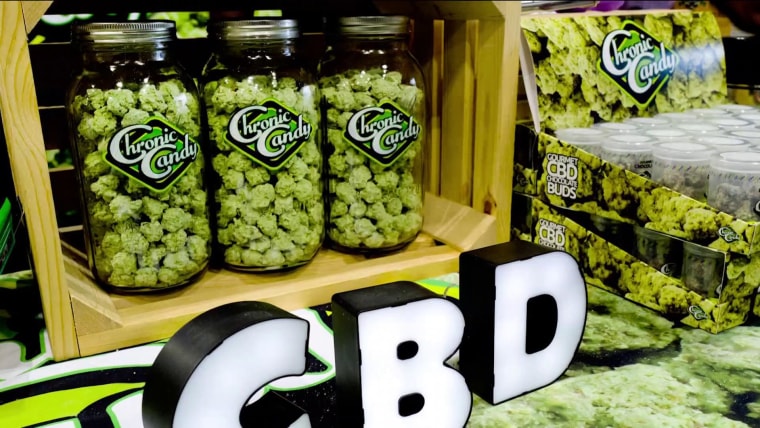Arizona residents with low-level marijuana convictions can have their records wiped clean under a state expungement program launched this week. The expungements for minor cannabis convictions are being issued in accordance with Proposition 207, the 2020 ballot initiative to legalize marijuana for adults that was passed by 60 percent of the state’s voters.
Julie Gunnigle, the political director for the Arizona chapter of the National Organization for the Reform of Marijuana Laws, said that Tuesday, the first day to apply for an expungement, is a historic day for the state.
“Today is a day that will go down in Arizona history because Arizona does not have expungements or didn’t, until this morning at 12:01 a.m.,” said Gunnigle, adding “An expungement is a true clearing of someone’s criminal history and record, and Arizona continues to be one of the most incarcerated states in the nation.”
Under the program, those with convictions for possessing, transporting or consuming 2.5 ounces or less of marijuana, of which no more than 12.5 grams can be a cannabis concentrate or extract, are eligible to have their records expunged. Those with convictions for possessing, cultivating, processing or transporting up to six cannabis plants at their primary residence can also apply. Expungements can also be issued for convictions for possessing, using or transporting paraphernalia related to the consumption, cultivation and processing of marijuana.
Those eligible for expungement are required to petition the courts to have their records cleared. Help is also available from several organizations including the cannabis advocacy group Minorities for Medical Marijuana (M4MM), which has been offering expungement clinics through its Project Clean Slate initiative.







